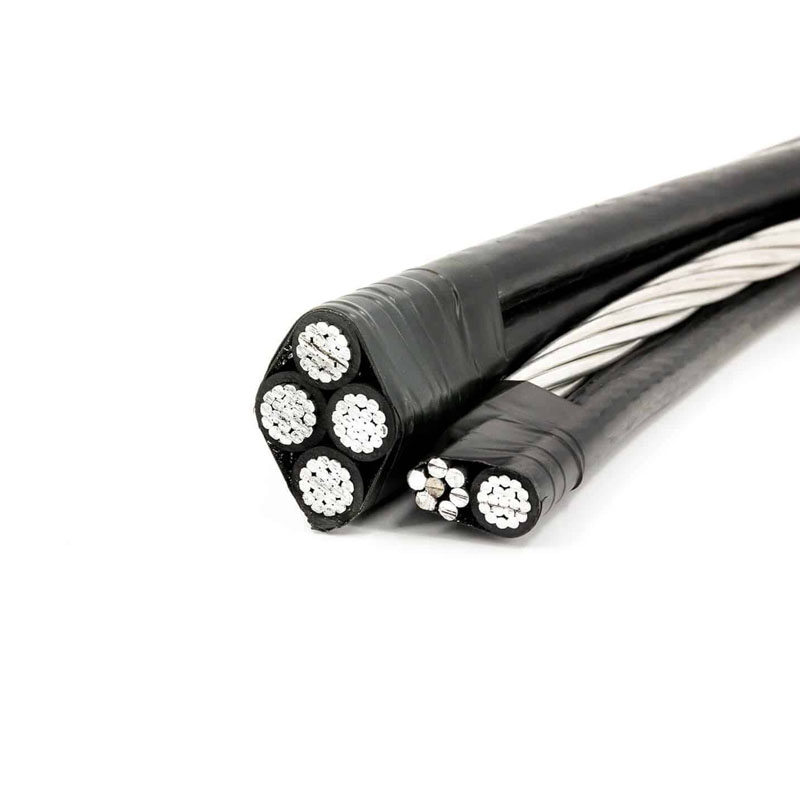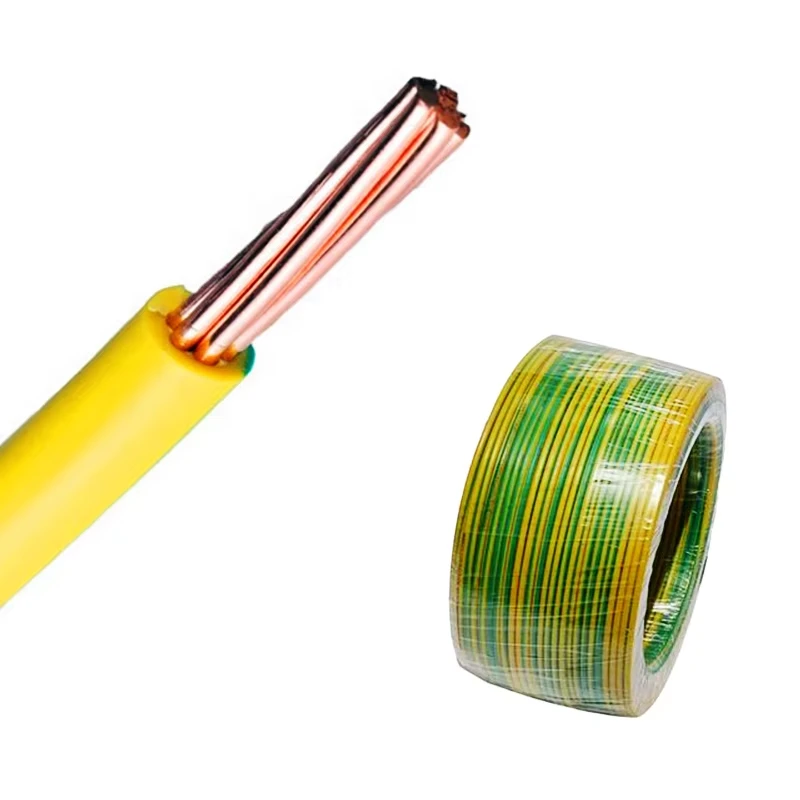
CE Certification for 15kV Cable Compliance and Safety Standards Analysis
Understanding CE Certification for 15kV Cables
The importance of compliance and safety in electrical materials is paramount, especially in high-voltage applications. One crucial standard that many electrical products, including 15kV cables, must meet is the CE certification. This article delves into the significance of CE certification for 15kV cables, outlining what it entails, its benefits, and the implications for manufacturers and consumers.
What is CE Certification?
CE marking stands for Conformité Européenne, which translates to European Conformity. This marking indicates that a product has been evaluated and meets the essential health, safety, and environmental protection requirements of the European Union (EU). Though originally aimed at ensuring the safety of products, CE certification has become increasingly important in affirming the quality and reliability of electrical components, such as 15kV cables.
For cables specifically, the EU directives require that they meet certain standards regarding durability, safety from electrical hazards, fire resistance, and environmental impact. This is particularly vital for 15kV cables, often used in utility and industrial applications where safety and performance can directly impact both human life and operational efficiency.
The Importance of CE Certification for 15kV Cables
1. Safety Assurance CE certification ensures that the 15kV cables meet stringent safety standards. These cables are designed to operate under high-voltage conditions and must demonstrate high levels of insulation, resistance to mechanical stress, and minimal risk of electric shock. Ensuring that these cables are CE certified means that users can trust they have undergone rigorous testing.
2. Market Access For manufacturers, obtaining CE certification is crucial for accessing European markets. The CE mark signals to consumers and regulatory bodies that the product complies with EU laws, making it easier to sell within the 27 member states. Without this marking, products could be barred from entering these markets, leading to significant revenue losses.
3. Quality Assurance CE certification not only demonstrates compliance but also reflects a commitment to quality manufacturing practices. It ensures that the products are produced consistently under specified standards. This is particularly vital for sectors requiring high reliability, such as power generation and transmission.
ce certification 1 0 15kv cable

4. Environmental Responsibility With increasing global focus on sustainability and environmental responsibility, CE certification also encompasses environmental standards. Manufacturers of 15kV cables need to consider the materials used in production, their lifecycle impacts, and disposal. Compliance with these standards helps in creating safer and more eco-friendly products.
Testing and Compliance Process
To achieve CE certification, manufacturers must undergo a thorough testing process, which includes
- Initial Type Testing Cables must undergo electrical testing to verify their performance under operational conditions. This typically involves testing for insulation resistance, dielectric strength, and more.
- Factory Production Control Manufacturers are required to implement a quality control system that ensures every batch of cables meets specified standards. This includes consistent material quality and adherence to production guidelines.
- Documentation and Marking Once certified, manufacturers must keep detailed documentation proving compliance and must ensure that every cable carries the CE mark with the relevant identification numbers.
Conclusion
In conclusion, CE certification for 15kV cables is an indispensable aspect of ensuring safety, quality, and compliance in high-voltage electrical operations. It not only serves as a protective measure for consumers and end-users but also facilitates manufacturers' access to the European market, enhancing their competitiveness by reassuring clients and regulatory bodies of the integrity of their products. In an age where electrical safety is non-negotiable, investing in CE-certified cables provides peace of mind that goes beyond mere regulatory compliance—a commitment to safety, reliability, and environmental responsibility. As industries continue evolving, staying informed about certification standards like CE will be essential for all stakeholders involved in the electrical distribution sector.
-
The Quantum Leap of XLPE Cable in Power DistributionNewsMay.29,2025
-
Mastering the Essentials of Building WireNewsMay.29,2025
-
Innovative Horizons of Rubber Trailing CablesNewsMay.29,2025
-
Exploring the Versatile World of Rubber CablesNewsMay.29,2025
-
Decoding the Mysteries of Building CablesNewsMay.29,2025
-
Advancements Redefining Control Cable TechnologyNewsMay.29,2025
-
Why It's Time to Replace Old Rubber CablesNewsMay.28,2025














